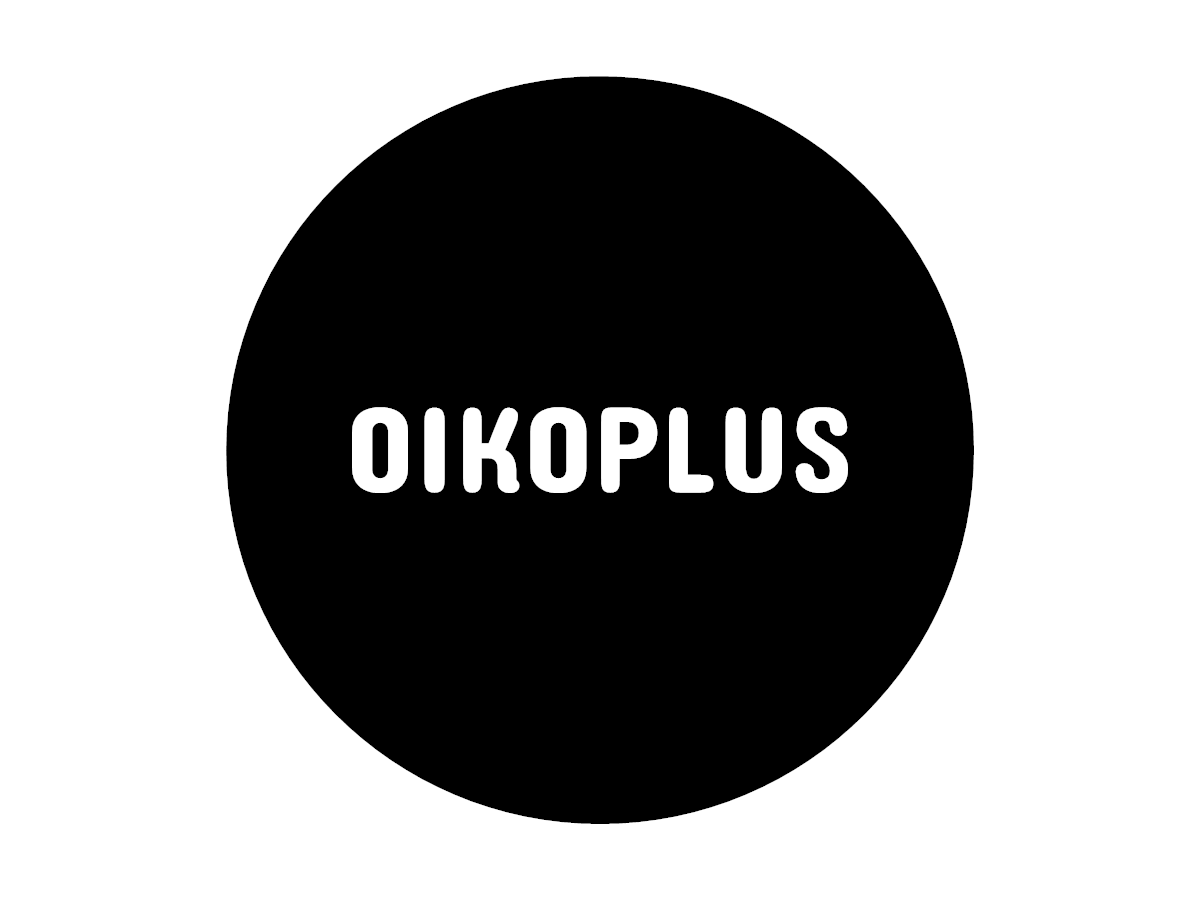This issue of the Oikoplus Reading List is about how easy it is to communicate science. Unfortunately, the links are almost all in German. We promise that the next Reading List will be a bit more English again.

In the obituary of an arts & culture journalist, I once read that the recently deceased had the task of reviewing a philosophical work as a young author. At that time, his editor had read the finished review and said: “Wonderful. But please write it in a way that everyone understands these philosophical thoughts.” To which the young journalist is said to have replied, “I can do that. But then they are no longer philosophical thoughts.” A nice episode. For some, it illustrates the educational arrogance of young humanities scholars; for others, it sums up exactly what is so difficult about communicating complex content: Namely, that they cannot always be made understandable to everyone without trivializing them. This problem arises constantly, especially in science communication – but also in other areas.
Many journalists, copywriters and press workers are familiar with this problem. Striking a balance between technical complexity, factual appropriateness and readability is not easy. When it comes to conveying complex content, clear statements can be wonderfully hidden behind complex sentences and foreign words. And sometimes complex formulations are also used to disguise the fact that it is actually about platitudes – just in a scientific context. “And yet nothing is easier than to write in such a way that no one understands it; on the other hand, nothing is more difficult than to express important thoughts in such a way that everyone has to understand them,” German philosopher Arthur Schopenhauer said about writing and style.
Today, a century and a half later, a number of YouTube channels dedicated to communicating complex, scientific content show how this can succeed. The German magazine Forschung & Lehre has compiled some of the best German-language YouTube channels for science communication: “In a fact-based, entertaining and easy-to-understand way, various YouTubers successfully work through serious science topics for the general public.”
The fact that science is required to communicate its content in a comprehensible way is not a matter of course and, historically speaking, a rather recent phenomenon. It is only since the turn of the millennium that the public sphere of science has been increasingly discussed, writes Stefan Bauernschmidt in an article Zur Kartierung zentraler Begriffe in der Wissenschaftskommunikationswissenschaft. “This roughly parallels the large-scale shift from a Public Understanding of Science (PUS) to a Public Engagement in Science (PES). It is a socialization of science that goes hand in hand with the notion of Public Science . With this, reference is made to actively involving citizens in debates about controversial research and mechanization projects or even in the research process itself .” Communicating science then becomes a task relevant to democracy.
The relationship between democracy and science is described by Michael Hagner, professor of science studies at ETH Zurich, as “complementary” in a (German language) article for Forschung & Lehre. “Much will be gained for the relationship between science and democracy if the realization prevails in the sciences that there is not only esoteric and exoteric communication, but that there are also different roles in public communication. If you want to know more about esoteric and exoteric science communication, you can find the article here.
For those who prefer a more practical approach, an article from National Geographic may provide some inspiration for adding humor to science communication. It reports on a study that shows that jokes in American late-night shows can certainly help spread knowledge about topics such as the effects of vaccinations or climate change. However, even the best jokes can’t unravel the complexity of science. “Science is complex. Getting that across in a few minutes while cracking jokes can be a challenge. At its best, satire encourages viewers not only to engage with scientific issues, but also to think critically about them.”
In order for as many interested people as possible to be able to deal with science at all, science does not have to be stripped of its complexity. However, the language used to talk about science can be made as less complex as possible. The Netzwerk Leichte Sprache addresses this issue and has created a useful collection of rules for easy language.


